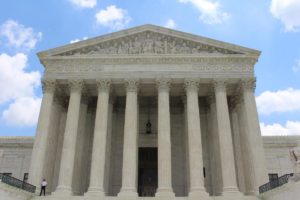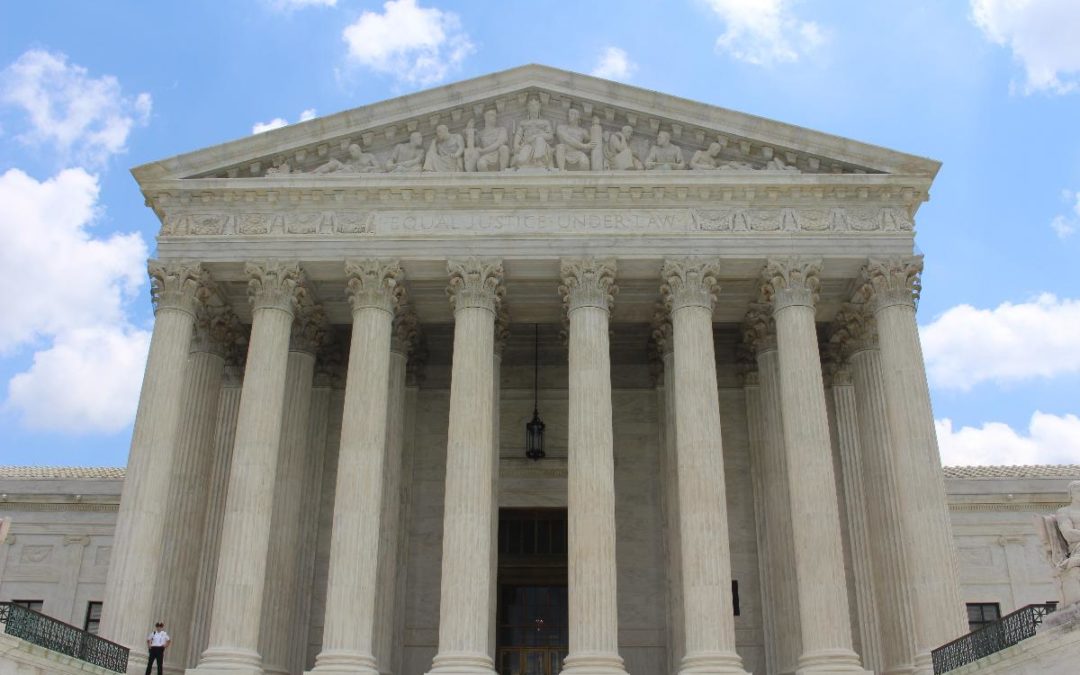HIRE AN EXPERIENCED DUI ATTORNEY
Divider
The U.S. Supreme Court has handed down a new law that states that police must generally obtain a warrant before drawing blood from a suspect in a driving under the influence (DUI) case, effective immediately.
No More Warrantless DUI Blood Draws:
States where law enforcement did not previously require a warrant to draw blood in drunk-driving cases will be affected by the new law, including California.
In Ventura County, for example, there were 3,714 single-count DUI cases filed in the district attorney’s office from Oct. 1, 2011 to Sept. 30, 2012, but Ventura County DUI attorney Darryl Genis doesn’t believe that the new law will reduce the number of DUIs issued. Afterall, telephonic warrants can be issued in about the same amount of time is takes to transport a suspect to a local hospital and draw blood. However, he claimed, it will end the “warrantless needle-stabbing of citizens based upon what are sometimes very shabby allegations.”
“The blood is still going to be drawn after the arrest,” said Genis. “The mechanism for how they (law enforcement) get there is going to change. They’re going to have to do things right for a change.”
Justice Clarence Thomas was the lone dissenter in the 8-1 Supreme Court decision, which cited a violation of the Fourth Amendment as the major factor in the in ruling. Tyler McNeely, in the landmark case of Missouri v. McNeely, was pulled over after being suspected of driving under the influence. He refused to take a breathalyzer and was taken to a hospital, where he was ordered by police to have his blood drawn without seeking a warrant. The state argued that because alcohol was dissipating in his bloodstream, valuable evidence was being lost; thus, a warrant was not needed.

The Supreme Court did not agree, claiming there is enough time to request and receive a warrant. Writing for the majority, Justice Sonia Sotomayor wrote, “In those drunk-driving investigations where police officers can reasonably obtain a warrant before a blood sample can be drawn without significantly undermining the efficacy of the search, the Fourth Amendment mandates that they do so.”
(Related: What You Should Do (and not do) When Pulled Over Drunk)
The court will permit a non-consensual blood draw if there are “exigent” circumstances, which must later be proven in court.
Special Assistant District Attorney Michael Schwartz said the court’s ruling puts a burden on law enforcement in addition to the public.
“I think the court’s decision is unfortunate, but the U.S. Supreme Court is last word on what the Fourth Amendment means and we respect their decision,” said Schwartz.
At Rudoi Law, we have the OWI (DUI) expertise you need. We understand the criminal system. We know the defense strategies that have won in court. And we understand the judges and prosecutors working in Metro Detroit today. We’ll give you the tough defense you deserve, all while demystifying a complex process.
What’s more, we understand the needs of our clients. Battling for your future can be emotionally draining. And for many people, a first offense DUI Charge is the only trouble they’ve had with the law. That’s one of the reasons why we work so hard. We believe one mistake shouldn’t compromise a lifetime of work or cost you your freedom.
GET REPRESENTATION NOW
Divider



